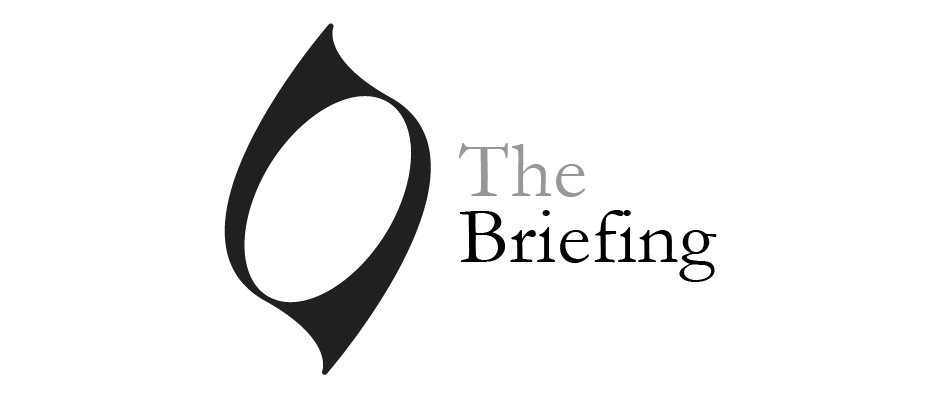In a moment when so much information is unreliable and even more distressing, we feel an obligation to provide for our readership a small selection of writing that encourages the stirrings of critical thought and resistance. This is what we’re reading this week:
The End of Bipartisanship and the Legacy of Mitch McConnell:
But most characteristic of McConnell is his tendency to shift his views to suit current exigencies (on the minimum wage, withdrawal from Iraq, earmarks, abortion, labor and civil rights) and his adroitness at gumming up the works: forcing clerks to spend hours reading a bill aloud on the floor; opposing immigration legislation he’d encouraged; asking for a vote on a debt-ceiling proposal and then trying to filibuster it; urging the Obama administration to support a bipartisan debt commission and then voting against it.
Solar: A Clean, Infinite and Inexpensive Energy Source; yet Donald Trump resists it:
An investor in Chile wanting to build a hydroelectric dam or coal-fired plant potentially faces years of costly political battles and fierce resistance from nearby communities. In contrast, a solar company can lay out acres of automated sun-tracking panels across an isolated stretch of desert and have them firing quiet, clean electricity in less than a year, with no worries about fluctuating fuel prices or droughts. The sunlight is free and shows up for work on time, every morning.
The story of an American Immigrant and her trials with gratitude:
No one ever asked what our house in Iran looked like, what fruits we grew in our yard, what books we read, what music we loved and what it felt like now not to understand any of the songs on the radio. No one asked if we missed our cousins or grandparents or best friends. No one asked what we did in summers or if we had any photos of the Caspian Sea. “Men treat women horribly there, don’t they?” the women would ask. Somehow it didn’t feel OK to tell them about my funny dad with his pockets full of sour cherries, or my grandpa who removed his false teeth when he told ghost stories.
Trump’s sympathetic response to the Syrian chemical attack, but still he upholds the need for a ‘Muslim ban?’
Another welcome about-face would be to ramp up relief for those Syrians who remain. Trump’s “skinny budget” proposal nearly zeroes out humanitarian aid, but food and medicine are much cheaper than Tomahawk missiles, which run $1.4 million apiece. And they’ll save a lot more suffering Syrian kids.
Another missed opportunity for the Democrats:
But civil-rights lawyer James Thompson was paying attention. Inspired by the 2016 presidential run of Vermont Senator Bernie Sanders, Thompson jumped in the race and ran a smart, progressive populist campaign that—despite his newcomer status and relatively small campaign treasury—resonated with a lot of voters.
A Tutorial on how to sully the Trump Brand:
If there is one lesson that emerges from all these controversies it is this: Institutions organized around a powerful brand image – often understood as “a promise” from a corporation to its customers – are in big trouble when that image gets battered and the promise appears to have been broken. These facts make corporate brands intensely vulnerable to public pressure, particularly when that pressure is loud and organized.
An excerpt from Dreams, Doubt and Dread: The Spiritual in Film. A recent collaboration of our editor Zac Settle and Taylor Worley, which takes a phenomenological approach to spiritual experience as depicted in film. Available for purchase on Amazon!
The story of film and philosophy emerges alongside the advent of phenomenology and for that reason also issues from a place of protracted conflict and confusion. While numerous philosophers from the twentieth century and beyond have readily confessed their fascination and admiration of the cinema, few ever venture into the apparently dangerous territory of incorporating reflections on film into the main currents of their philosophical projects. In theory, phenomenology presents itself as the most amenable to the purposes of a thoughtful engagement with film for the very fact that it privileges the first-person experience of the world in its method. Despite this advantage among others, the story of film and philosophy as filtered through phenomenology has a fraught and somewhat ironic history.
Check out the latest book by our very own Editor-in-Chief, Dan Rhodes, Organizing Church: Grassroots Practices for Embodying Change in Your Congregation, Your Community, and Our World. Available for purchase on Amazon!
At the heart of this book, then, is a vision of the church that takes concrete form in the renewal and activation of congregations. A vibrant community will function like any breathing organism, embracing a cycle of inward and outward movement: inhaling and exhaling. The practices of organizing, we believe, offer a crucial way of both faithfully revitalizing our congregations and then mobilizing them for mission.
